PSHE and RSE Subject Leader: Mrs S Peake
Personal, Social, Health and Economic (PSHE) is a necessary part of all pupils’ education to help them to stay healthy, safe, and prepared for life. Relationship and Sex Education (RSE) enables young people to learn about healthy relationships, their mental well-being and their understanding of their bodies.
Intent
At Sutton-at-Hone C of E Primary School we believe that personal, social and health education (PSHE) enables our children to become healthy, safe, independent, and responsible members of society. Using the Jigsaw scheme aims to help children to understand how they are developing personally and socially and tackles many of the moral, social and cultural issues that the children encounter as they grow up. We are dedicated to ensuring that Sutton-at-Hone C of E is a happy, stimulating and caring place and we expect high standards of behaviour and good manners throughout the school. Behaviour and attitude to learning are underpinned by values that are taught through PSHE lessons, making it integral to the success of the whole school.
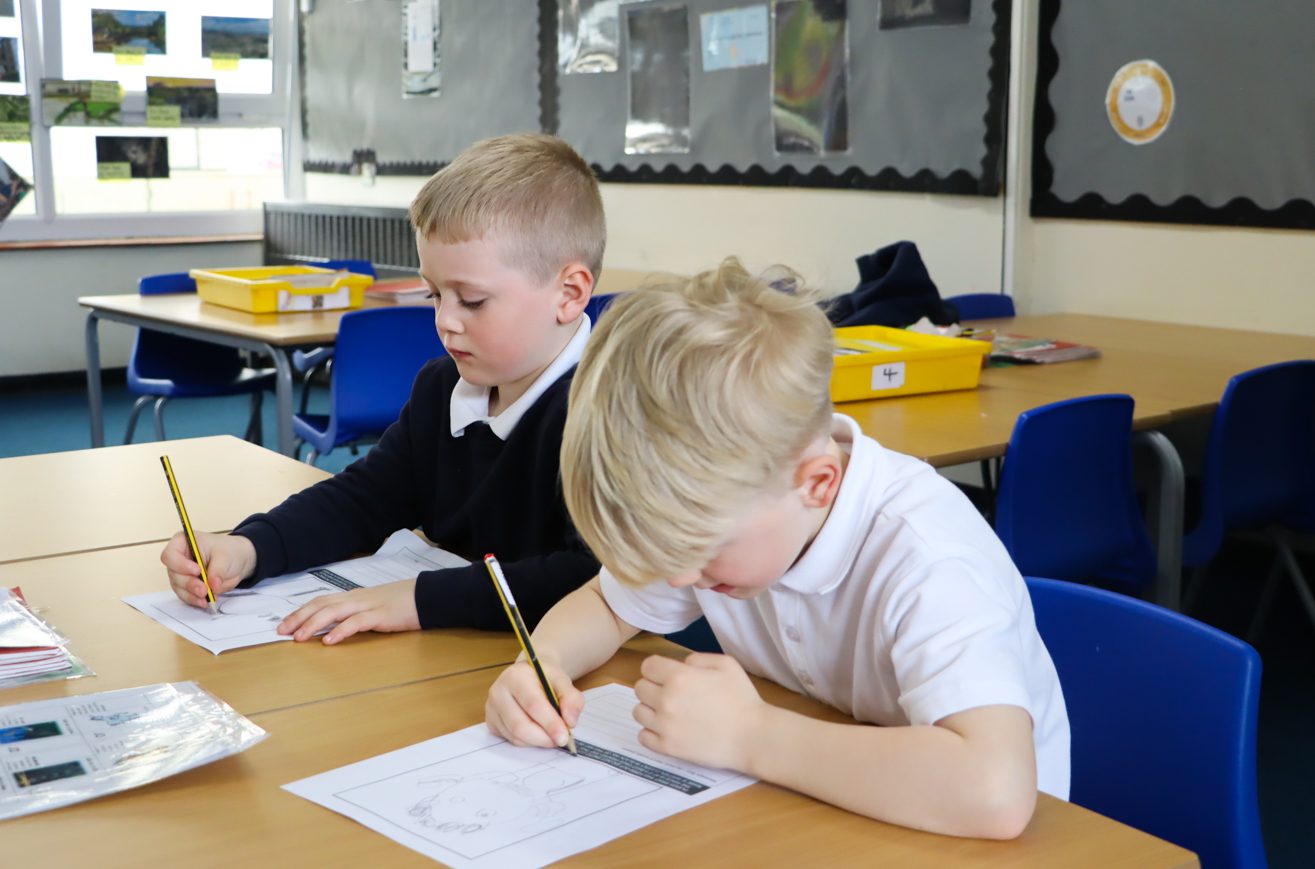
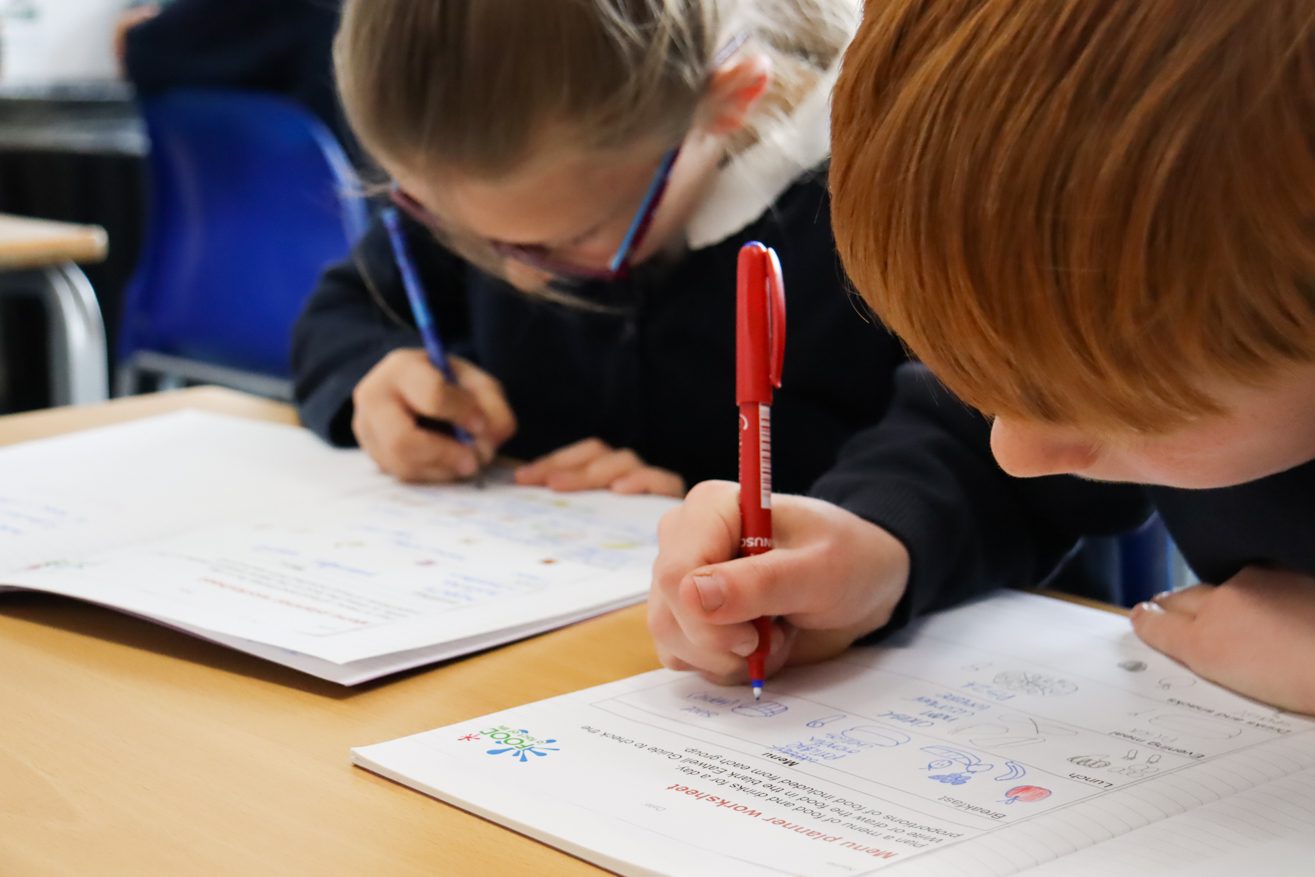
Implementation
We encourage our children to take part in a range of practical roles and activities that promote active citizenship: School Council, whole school fundraising, reading buddies and engagement in school and local events. Children have opportunities to participate in activities within the community such as a variety of sports tournaments and singing as part of our choir. Children are also fortunate to meet and engage with members of the community, such as: poets, musicians, historians, firefighters, police officers, sports coaches, artists and representatives from the local church. We participate in and promote National events such as Children in Need and Comic Relief.
Personal, social and health education is taught as both explicit lessons, using the Jigsaw, the mindful approach to PSHE, but it is also embedded in other areas of the curriculum and day-to-day life of the school. Jigsaw is a progressive and spiral scheme of learning. In planning the lessons, Jigsaw PSHE ensures that learning from previous years is revisited and extended, adding new concepts, knowledge and skills, year on year as appropriate.
Jigsaw 3-11 offers a comprehensive programme for Primary PSHE, including statutory Relationships and Health Education, in a spiral, progressive and fully planned scheme of work, giving children relevant learning experiences to help them navigate their world and to develop positive relationships with themselves and others.
Pastoral support is also given to those children who may need a space to talk or therapy through play.
Impact
Jigsaw holds children at its heart, and its cohesive vision helps children understand and value how they fit into and contribute to the world. With strong emphasis on emotional literacy, building resilience and nurturing mental and physical health, Jigsaw 3-11 properly equips schools to deliver engaging and relevant PSHE within a whole-school approach. Jigsaw lessons also include mindfulness allowing children to advance their emotional awareness, concentration, focus and self-regulation.
As a result pupils at Sutton-at-Hone C of E are children who are able to form happy and positive relationships. They can show empathy and compassion to others. They have the confidence to make the most of their abilities but also value and respect diversity. The children in the school show respect for others’ rights to their own values and beliefs. They can use appropriate strategies for managing influence and are encouraged to take positive risks. They are developing as aspirational individuals who are confident to set their own goals for success.
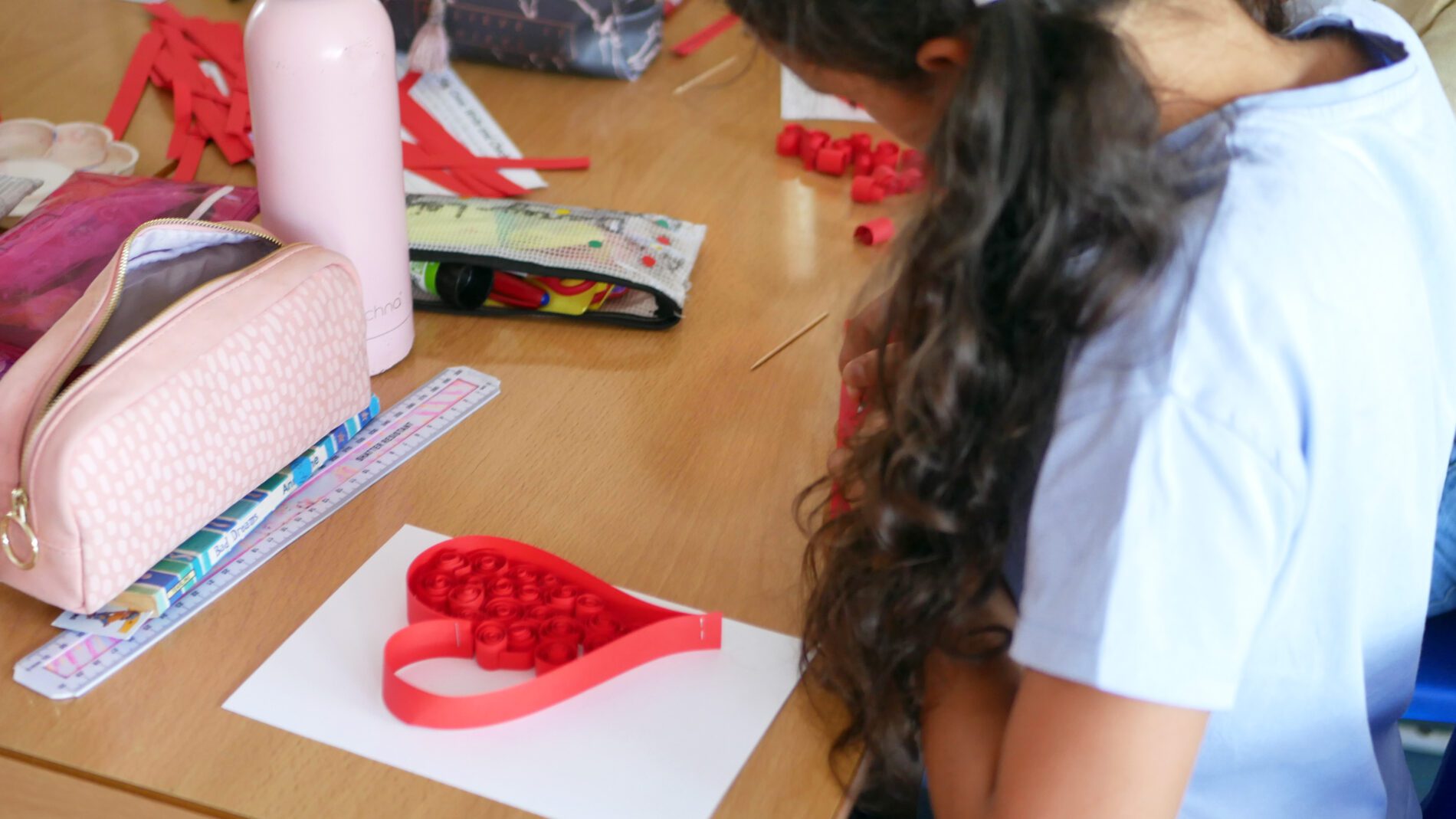
PSHE and RSE in Each Stage
Children learn about how they have similarities and differences from their friends. They learn about responsibility and children’s rights. Friendship and kindness are taught, promoted and celebrated, but also how to deal with unkindness. Goals and dreams are discussed, and children learn about the resilience and perseverance needed to reach these goals, and feelings around these. Healthy bodies and minds are a key part of PSHE learning in EYFS, and children learn ways to keep healthy and safe, including healthy eating, the benefits of sleep and stranger danger. Children learn about key relationships and families, and the roles people can play in a family. They are also introduced to Calm Me time, and ways to use this when feeling angry or upset. Children also look at changes in their bodies over time – from when they were a baby until now and then in the future. They name and learn about functions of main body parts. They learn about change and memory, and the role that memories can have in manging change.
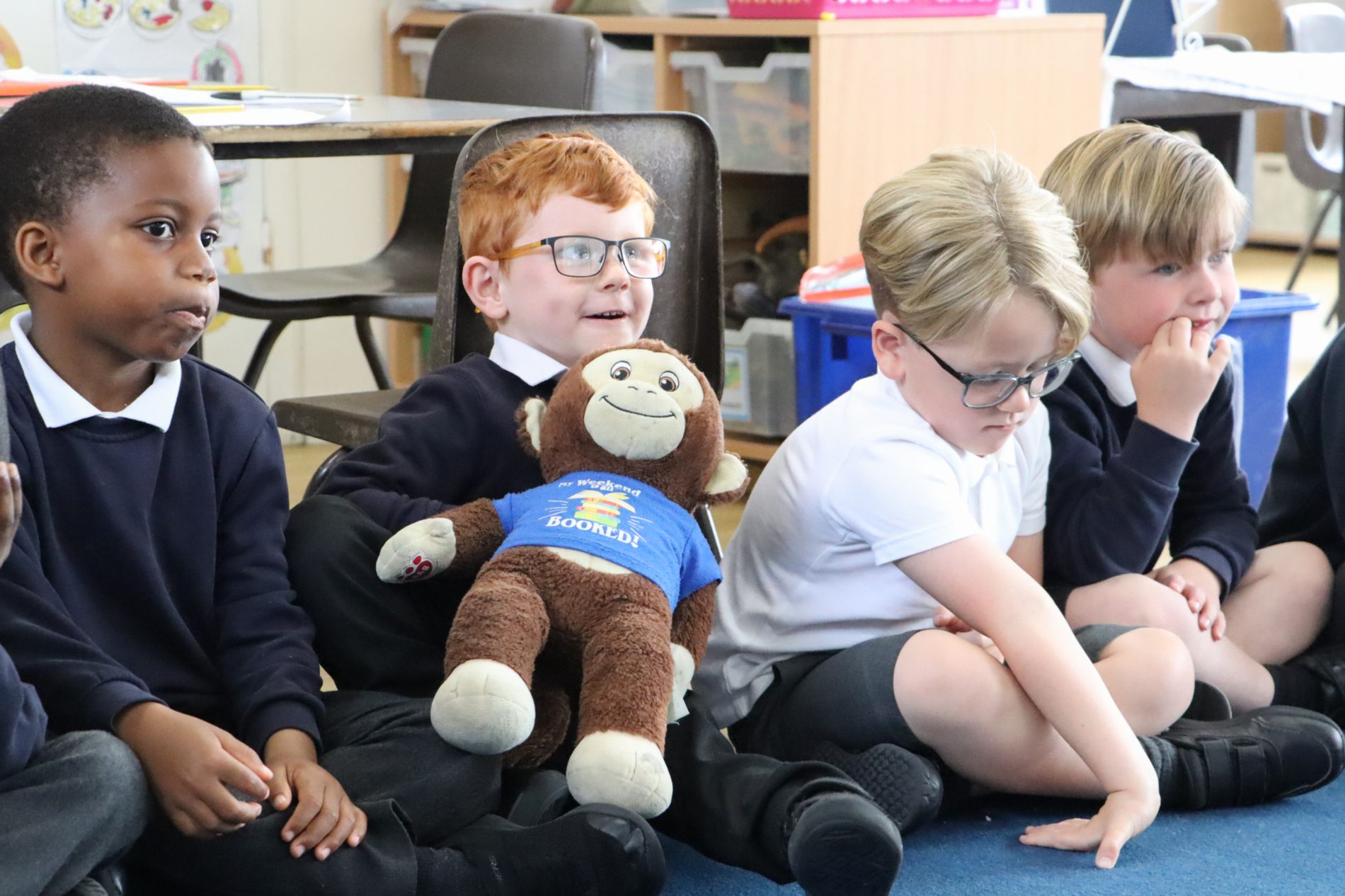
Children learn about what makes us unique and special, differences and similarities between girls and boys and gender stereotypes. They talk about bullying and what this means, as well as how this can make us feel and ways to deal with this. They learn that it is okay to disagree with or have different likes to our friends. Children discuss their goals, the difficulties they may face reaching them and the perseverance needed to overcome challenge. Healthy choices, both for bodies and minds, are learned about, and children begin to understand why certain foods are good for us. They consider what makes them feel relaxed or stressed. Children in Key Stage 1 consider wider relationships, such as those within the school community, and the importance of co-operation, appreciation and trust. There is a focus on falling out and mending friendships to provide children with the tools needed to deal with disagreements. Children also learn about people who can help them if they feel worried or scared. Children are taught the correct names for body parts in Key Stage 1. They are taught that nobody has the right to hurt private parts of their body, and also that change is a natural part of growing up. Children also learn about their growing responsibilities and independence as they are getting older
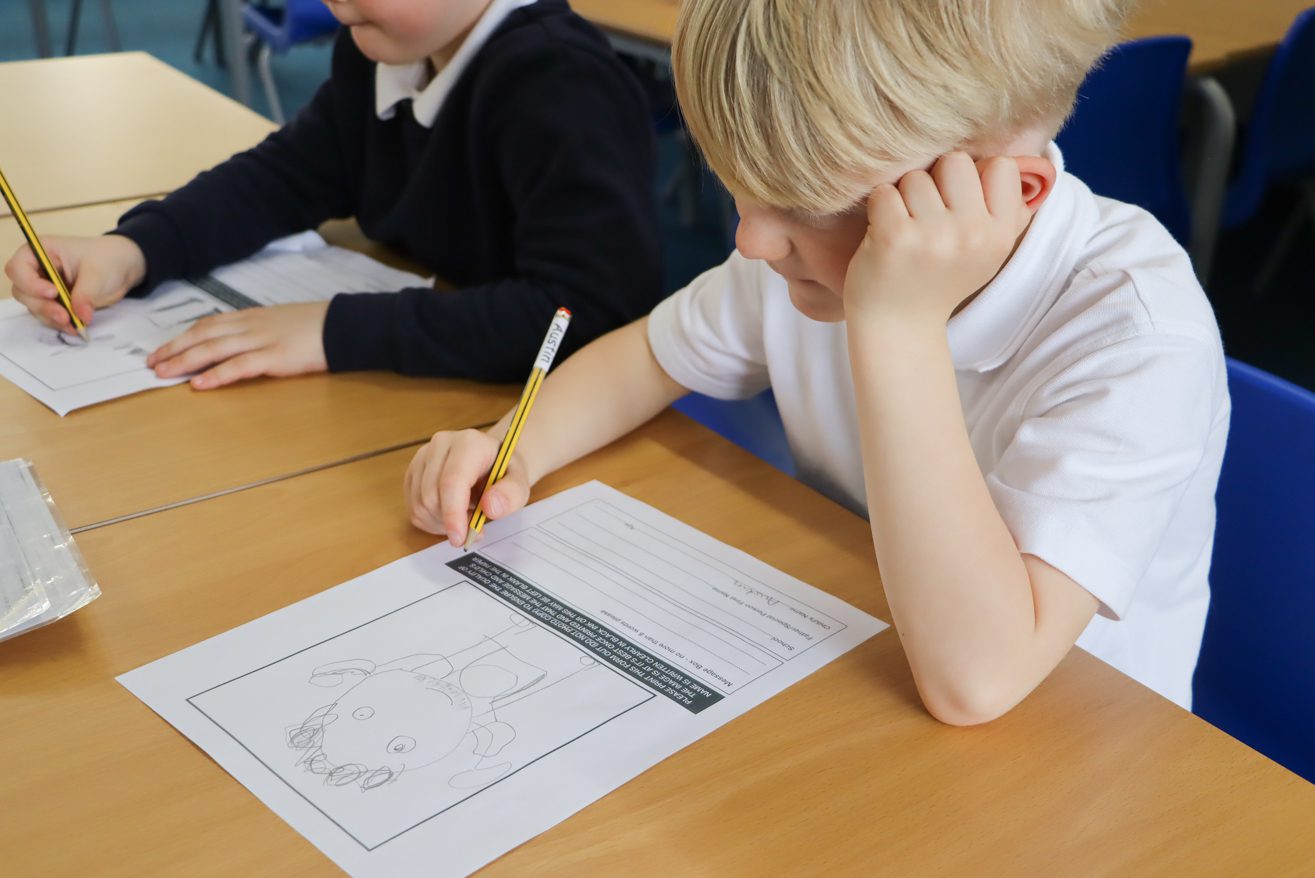
Children learn about recognising their self-worth and achievements. They set goals, identifying barriers, fears and challenges they may face on their journey to their goal. They learn about their behaviour, responsibilities and rights, and how their choices result in consequences, positive and negative. Children consider democratic approaches to decision-making, and they collaborate to establish a Jigsaw Charter related to choices and actions. Celebration of difference is a key part of pupils’ learning, and a recognition of and respect for the diversity of our community, locally, nationally and globally. Racism, judging by appearance, different types of families and social, economic, cultural and spiritual differences are discussed. Children learn about the impact bullying can have on others and themselves. They also learn about disabilities and educational needs. Global issues are discussed, and ways that people can be courageous advocates for causes or actions that create change. Children reflect on personal success and the kinds of actions they may take to achieve their goals and dreams. Children learn about keeping their bodies healthy, including the risks and effects of smoking, different types of drugs and their effects and what is in our food and how it affects our bodies. They also learn about looking after their mental health, considering the impact of the media, eating disorders, how to deal with peer pressure, body image and ways to deal with stress. They investigate online safety, and topics such as grief and loss, jealousy and communicating with friends and family in a positive and safe way. Puberty how our bodies change during this time is introduced and built upon across Key Stage 2. They learn about internal and external changes to the body, and how a baby is formed. They also discuss self-esteem and self-image during this time to support the changes they may experience. Children learn about the importance of mutual respect in relationships and not being pressured into doing something they do not want to do. Children also learn about transition and dealing with change.
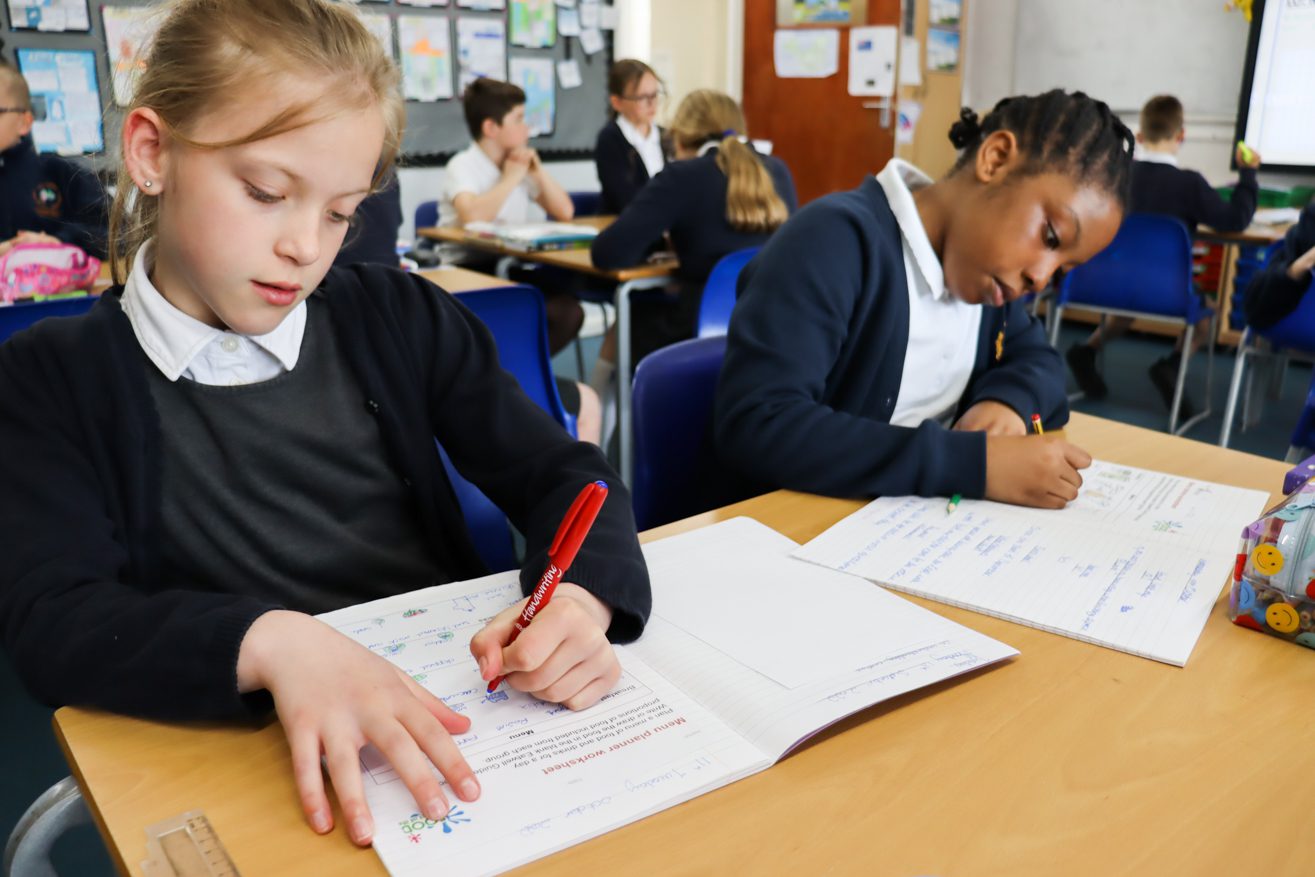
PSHE and RSE Progression
SEND Information
SEND pupils will receive relevant provisions.
PSHE and RSE Extra Resources
Further PSHE and RSE Help

